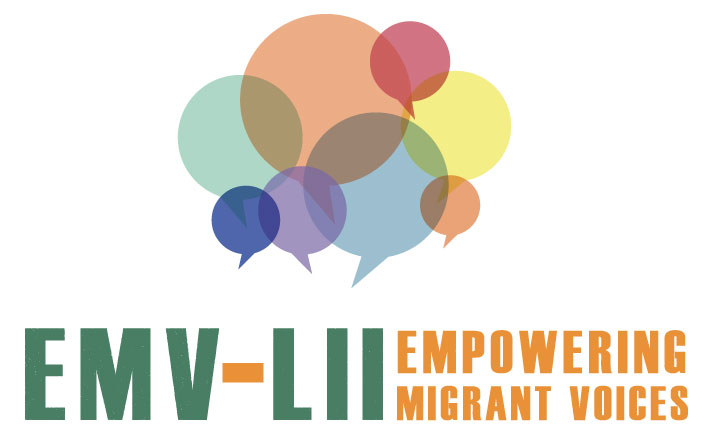Child Art Competition Across Europe
Description
The project will complement the efforts done by EC in the area of fundamental rights of the children. In particular it will focus on the rights of vulnerable children of migrant or minority origin by developing and implementing awareness-raising activities and trainings for their empowerment in 11 EU countries.
The Convention on Rights of the Children is a starting point and normative framework for this project action. Since its adoption in 1989, the United Nations (UN) Convention on the Rights of the Child (CRC) has been the main international treaty and legislative framework with regards to the promotion and protection of the rights of the child.
The CRC treats children as subjects and holders of human rights, enshrining a comprehensive set of standards on child participation, provision and protection.
Children and in particularly the vulnerable situations should receive special attention, referring to the minority and migrant children who can lack opportunities in society and access to quality services in education or health. They can also experience physical and emotional violence or abuse and exploitation, which are detrimental to their well-being, physical and mental health.
The ethnic minority children have therefore been outlined by the UN Committee on the Rights of the Child as a particularly vulnerable group, along with the children of migrant parents. Consequently, a greater effort is needed to ensure that members of the ethnic minority groups, and especially children, fully realise their human rights and benefit from the development processes.
The project will focus on the efforts of different international actors aiming to the empowerment of minority children with knowledge and full enjoyment of their rights proclaimed by the international human rights law. Their rights will be analysed in the light of the general principles of the CRC, as non-discrimination (Article 2), best interests of the child (Article 3) and the right to be heard (Article 12). The non-discrimination principle will be further considered in particular attention to girls in order to ensure that they enjoy their rights on an equal basis to boys.
